Abstract
Irritable bowel syndrome (IBS) in humans encompasses multiple distinct conditions with varying causes. A notable variant shares characteristics with equine disorders, specifically colic and laminitis. When incompletely digested food moves from the small intestine to the colon, bacterial breakdown creates chemical compounds that can trigger symptoms. While this process can be life-threatening in horses, humans with normal health typically tolerate such malabsorption well. However, following certain triggers like intestinal infections or antibiotic therapy, the colon's bacterial balance can become disrupted. This disruption often leads to an overgrowth of specific bacteria (facultative anaerobes), resulting in abnormal fermentation and subsequent IBS symptoms. Currently, it remains unclear whether horses prone to colic and laminitis experience similar subtle alterations in their gut bacteria. Advanced analysis of metabolites in urine and fecal samples could offer a promising approach to detect these changes in equine digestive systems. Such research could help veterinarians better identify at-risk animals and develop more effective therapeutic strategies.


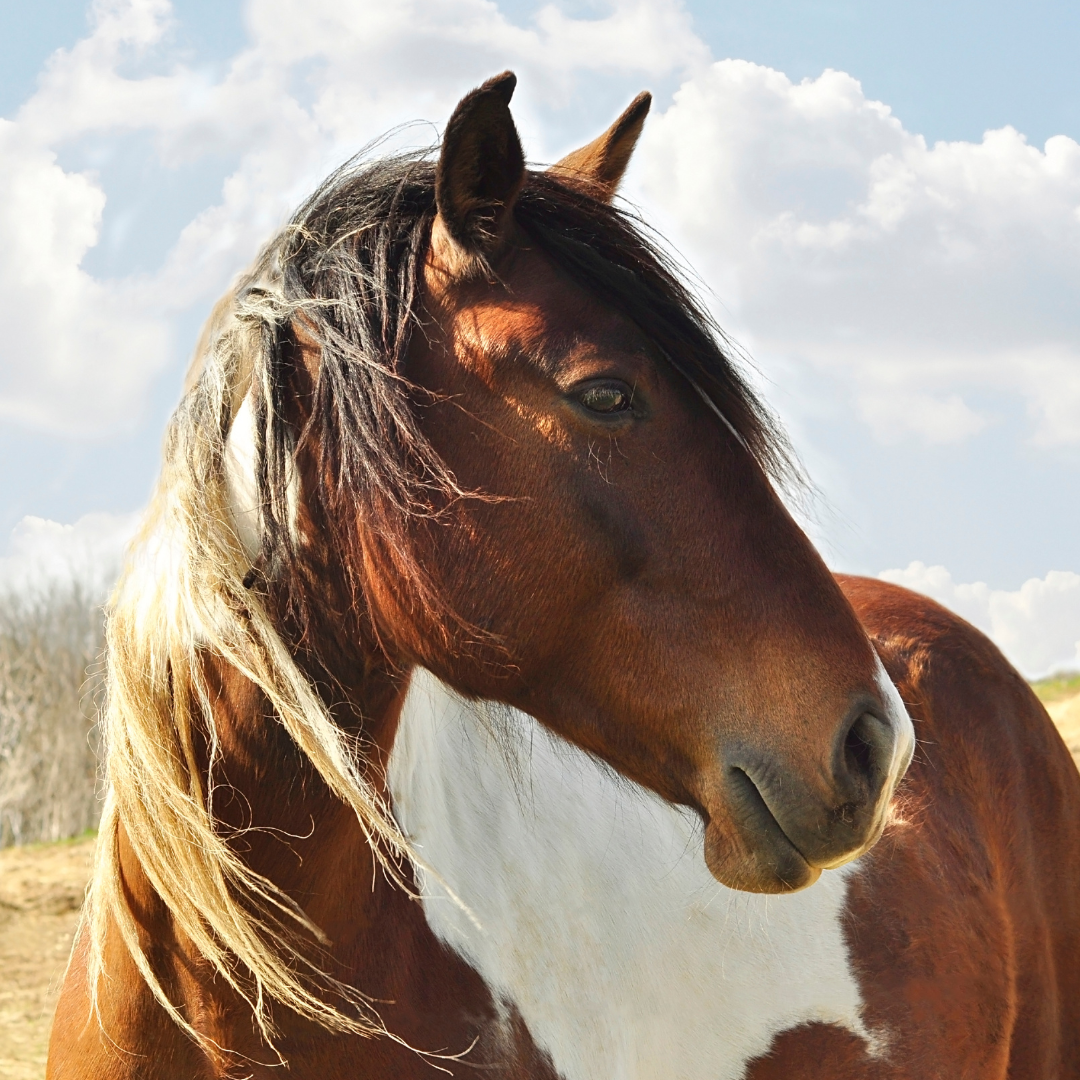
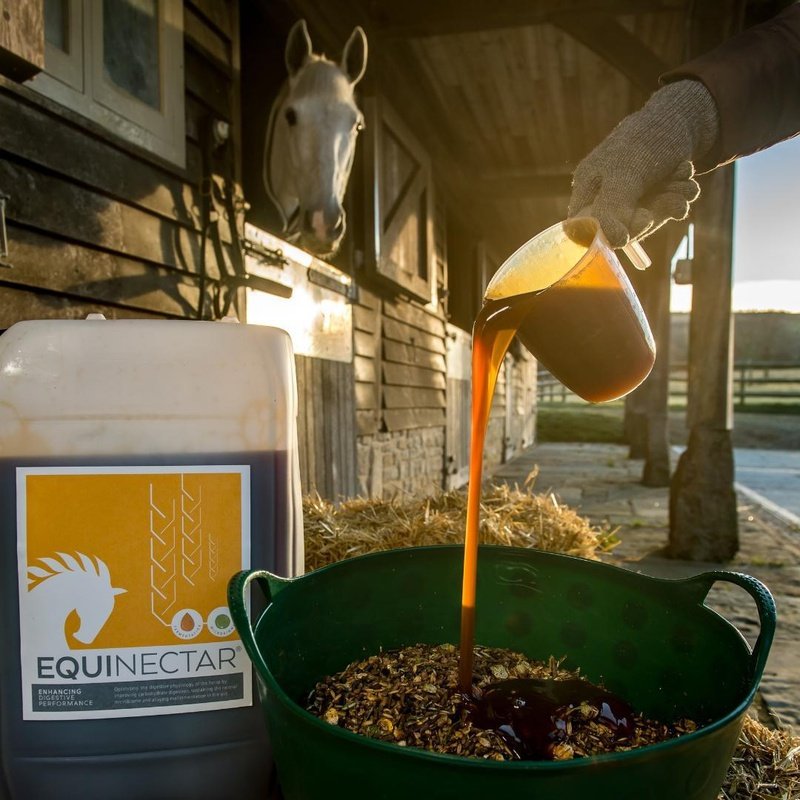
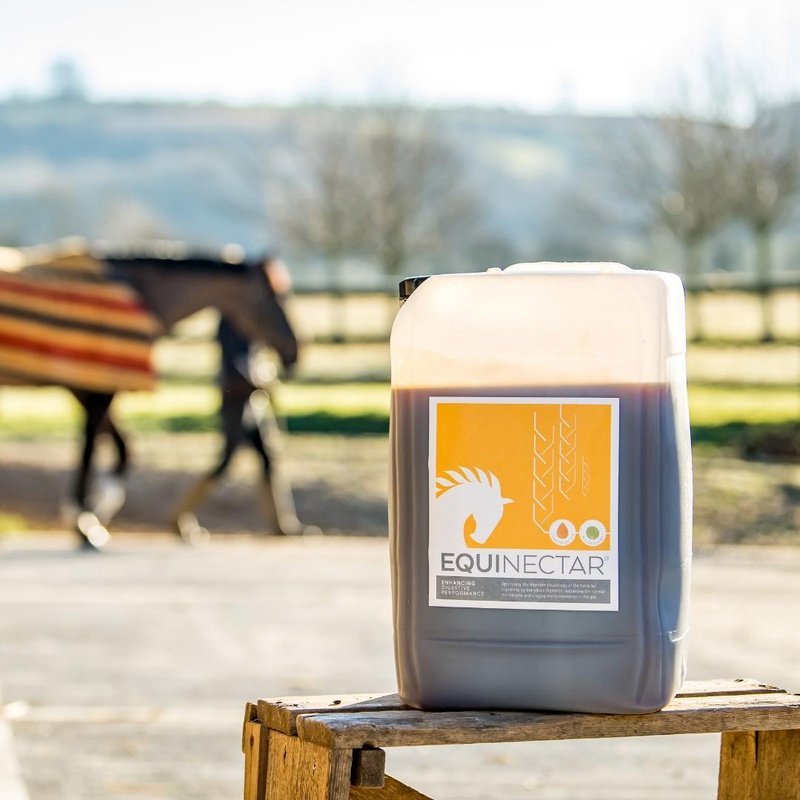
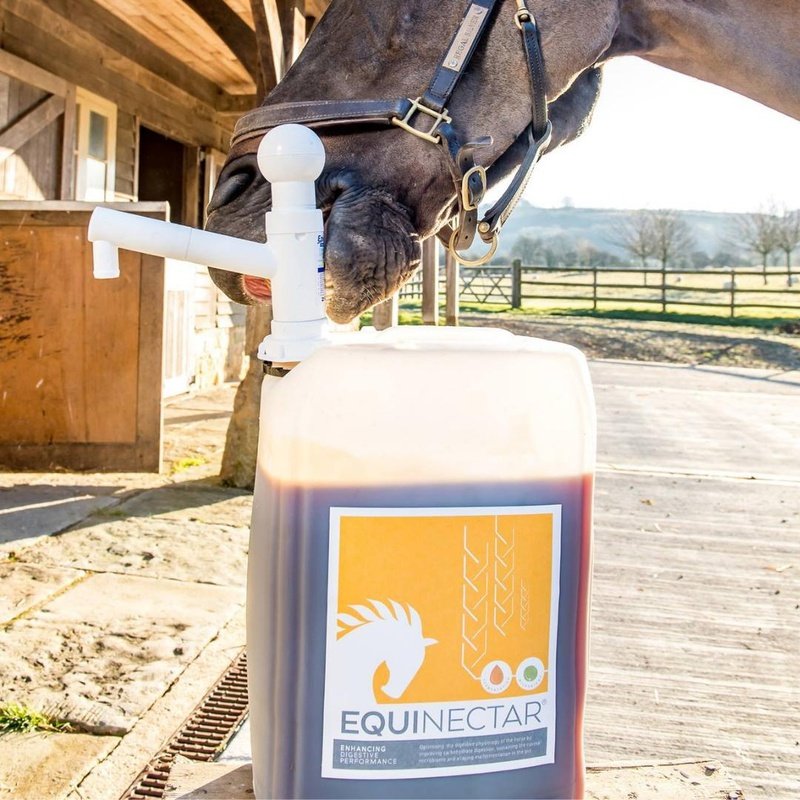



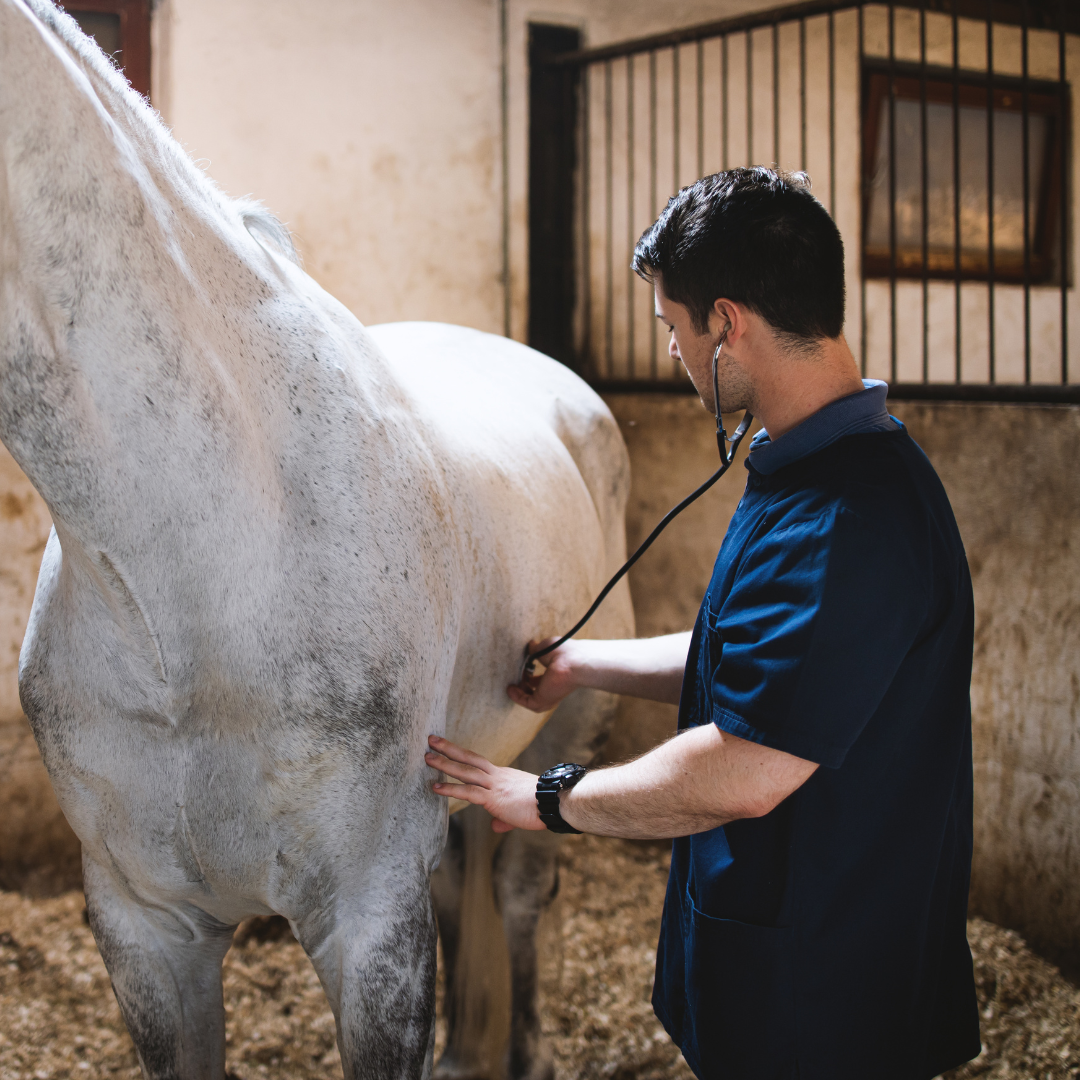
Share: